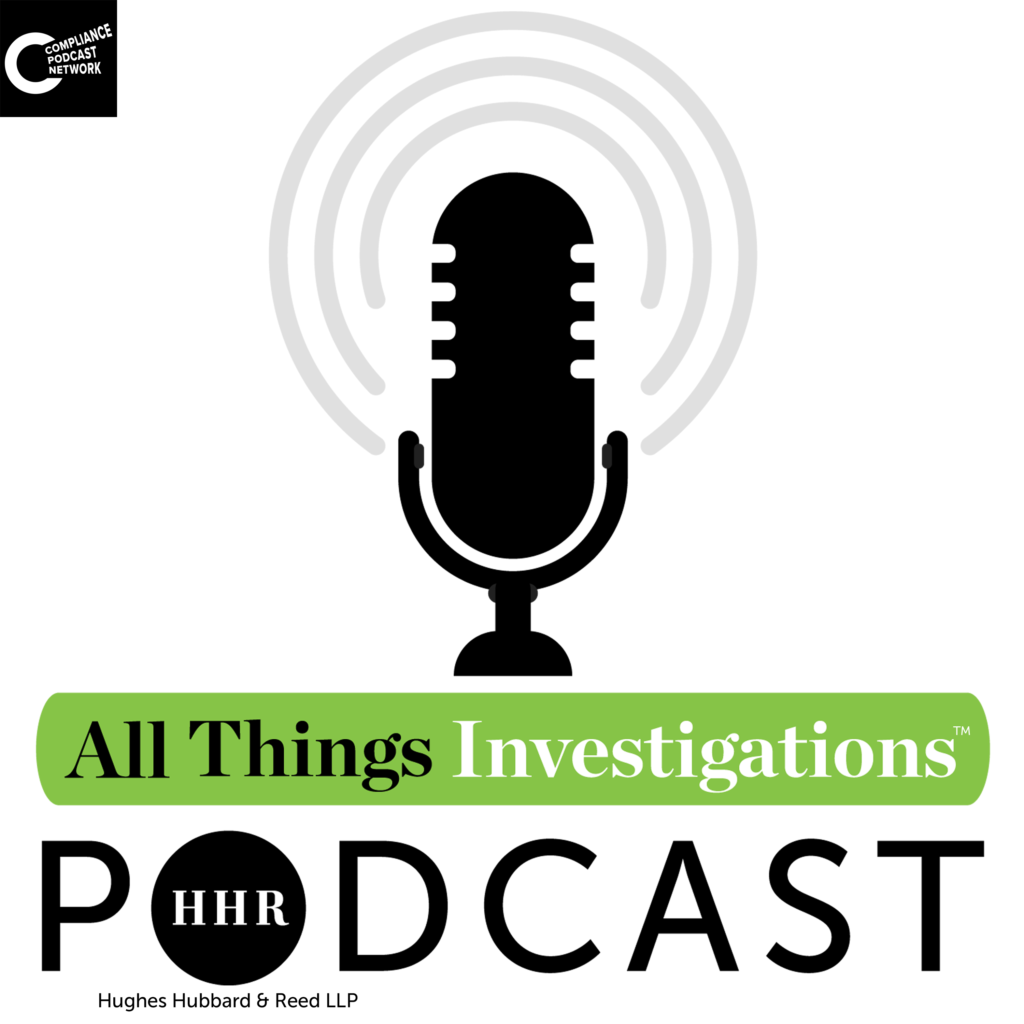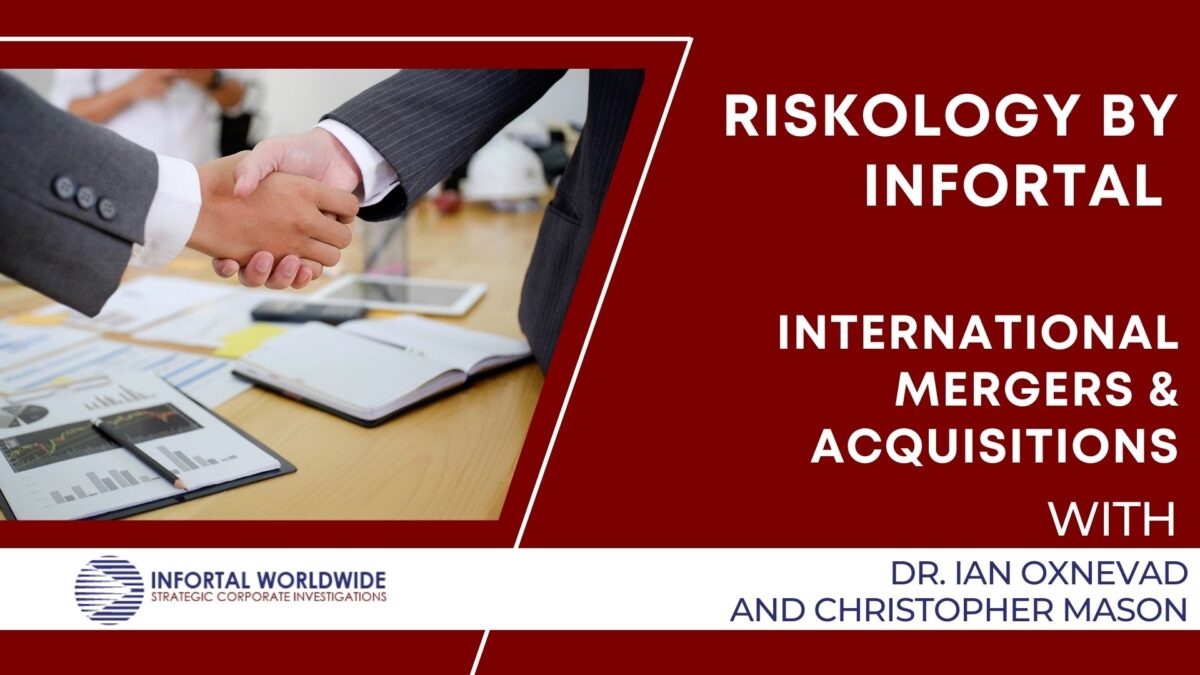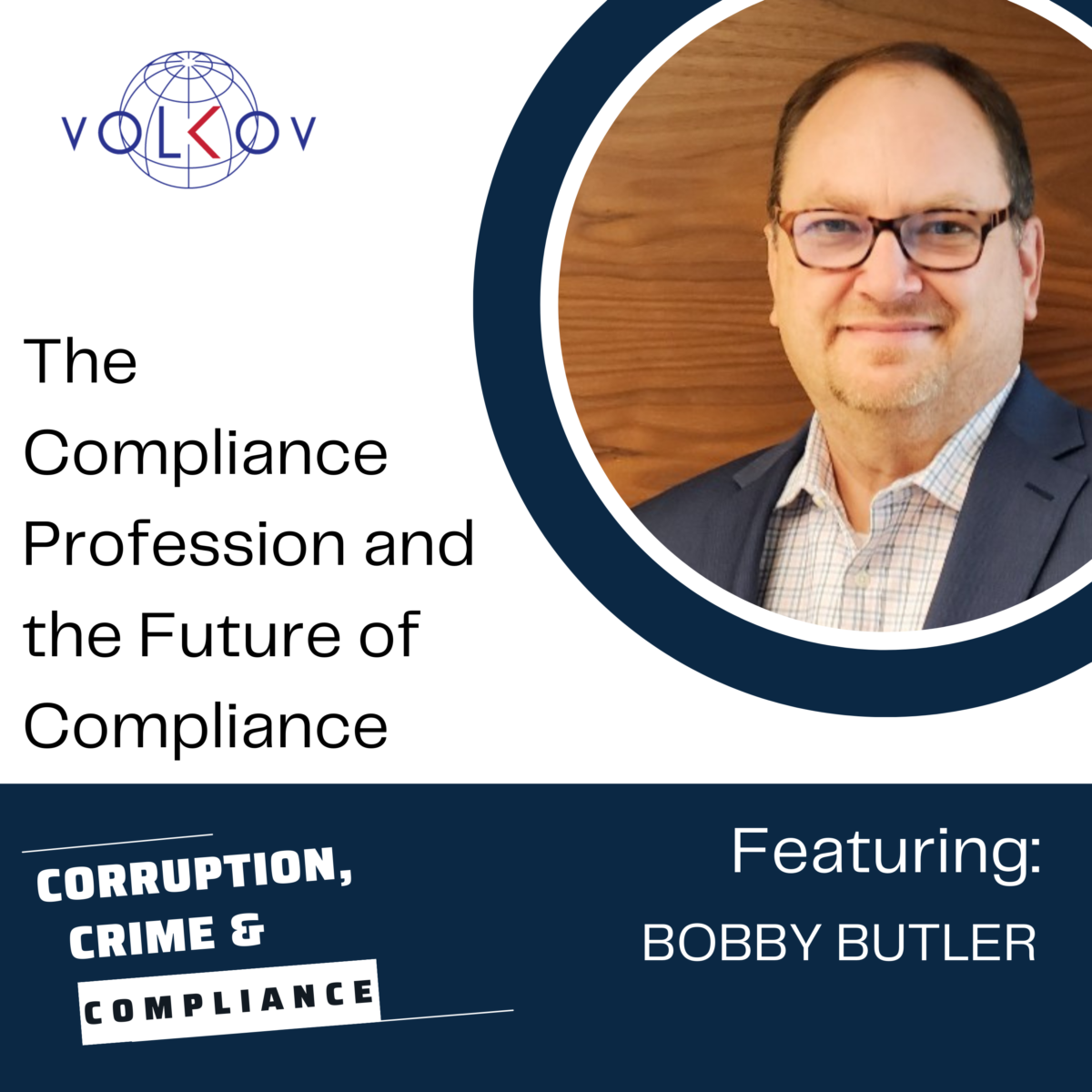Investing in any form involves a certain level of risk, and the potential return is directly related to the level of risk taken on. This principle holds true for both private equity and venture capital investing. Private equity investors aim for positive returns on most of their investments by acquiring established businesses, while venture capital investors accept higher risk for the potential of significant returns on early-stage companies. Understanding this risk-return relationship is crucial for making informed investment decisions.
It is incumbent for every Chief Compliance Officer (CCO) and compliance professional to understand the risk-return relationship in investment and how that relationship applies to a corporate compliance function. By developing such an understanding, CCOs and compliance professionals can not only change the dynamic between seemingly disparate corporate functions such as compliance and finance; but will also allow a broader and more fulsome discussion of corporate investment in compliance resources.
One key concept in assessing investment stability and potential rewards is beta risk. Investopedia defines it as “Beta is used in the capital asset pricing model (CAPM), which describes the relationship between systematic risk and expected return for assets (usually stocks). CAPM is widely used as a method for pricing risky securities and for generating estimates of the expected returns of assets, considering both the risk of those assets and the cost of capital.” In other words, Beta risk refers to the correlation between an investment and the broader market. Compliance officers can utilize this concept to identify low-risk investments that perform well regardless of market conditions. By considering beta risk, compliance officers can make more informed decisions about allocating resources and managing compliance programs.
This highlights the concept of compliance as risk balancing, which challenges traditional notions of avoiding surprises and instead embraces potential positive surprises and opportunities for growth. This approach recognizes that managing risk can create significant growth opportunities, demonstrating the value of compliance in supporting business growth. This also provides an opportunity for the compliance function to demonstrate its role in a business’s overall growth strategies and greater profitability.
Such an approach also emphasizes the importance of CCOs and compliance professionals speaking the language of finance when discussing risk and return. By using concepts such as beta risk and understanding the different approaches to investing, compliance professionals can have more meaningful conversations with finance departments and other stakeholders. This enables them to effectively communicate the potential risks and rewards associated with compliance investments.
Obviously there are tradeoffs involved in balancing different factors when considering risk and return. While minimizing surprises may seem like a desirable goal, CCOs and compliance professionals should also be open to positive surprises can lead to unexpected growth opportunities. By managing risk effectively and considering the potential rewards, compliance officers can make strategic decisions that align with the organization’s goals.
This also leads directly to the importance of considering the compliance impact when making decisions about risk and return. Compliance programs play a crucial role in managing risk and ensuring ethical business practices. By investing in compliance initiatives, organizations can protect their reputation, mitigate legal and regulatory risks, and create a culture of integrity. Compliance investments can yield positive returns by fostering employee trust, attracting investors, and enhancing overall business performance.
Understanding the risk-return relationship in investment and compliance roles is essential for making informed decisions. Compliance officers can leverage concepts such as beta risk to identify low-risk investments that perform well regardless of market conditions. By embracing Compliance as Risk Balancing and considering the potential rewards, compliance professionals can effectively communicate the value of compliance investments to finance departments and other stakeholders. Ultimately, investing in compliance supports business growth and helps organizations navigate the complex landscape of risk and return.












